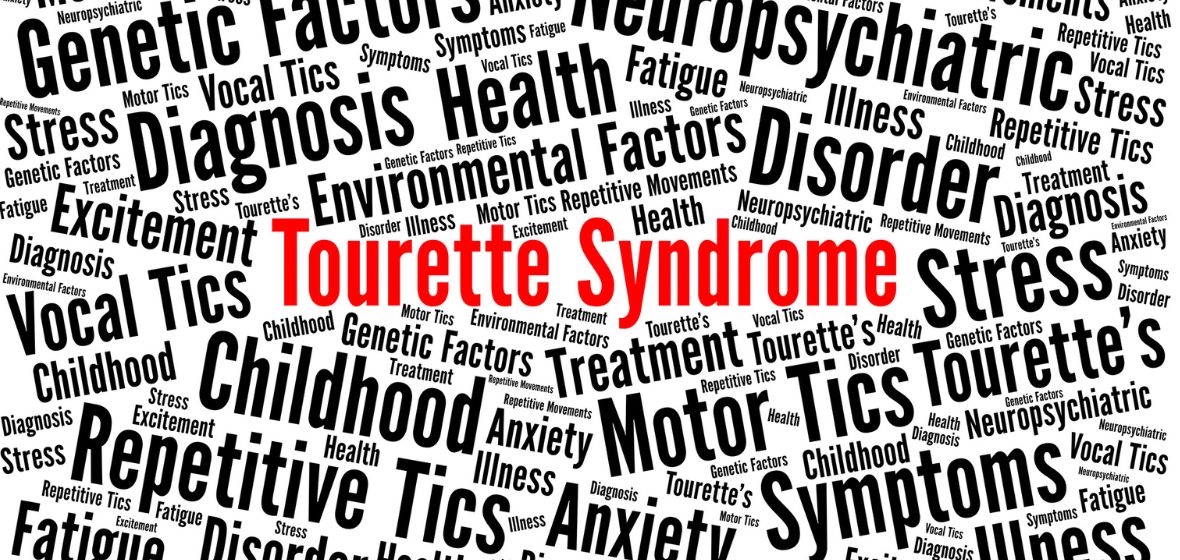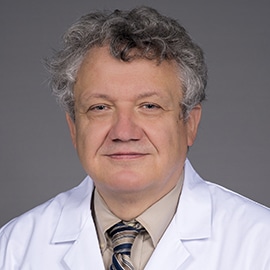
Tourette syndrome is a condition that affects the nervous system and causes people to have uncontrollable tics. Tics can be repetitive movements and sounds that could include repetitive blinking to bursting out offensive words. This condition, on average, first appears in 6-year-old children but can appear at any point in childhood from ages 2-15. However, as it is probably not common knowledge, symptoms of Tourette syndrome may persist in adults and some patients are formally diagnosed only later in life. Even though only a fraction of these patients needs pharmacological therapy in adulthood, these patients may experience problems with the transition of care from the pediatric settings.
Symptoms
There are different types of tics that a person could exhibit. Some of the most common are listed below:
- Simple – Brief and include only parts of the body
- Complex – Includes different body parts and can be displayed in a pattern
- Motor – Tic movements of the body such as shoulder shrugs or blinking
- Vocal – Sounds made using their voice such as yelling or humming
Treatment
A diagnosis will be made by the child’s pediatrician or family provider based on the child’s history. The provider may order blood tests and imaging to rule out any other cause before providing a final diagnosis. Some factors that can affect the risks of developing this condition include a family history of Tourette diagnosis, in addition to males being three to four times more likely to develop this as well. You will work with your provider to develop the best plan of care, as there is not a cure for Tourette syndrome. Some treatment options are available, including:
- Medication
- BOTOX® injections
- ADHD medication
- Antiseizure medication
- Therapy – behavioral or psychotherapy
If you believe someone you may know has Tourette syndrome and is undiagnosed, encourage them to speak to their primary care provider or neurologists at UofL Physicians – Parkinson’s Disease and Movement Disorders. We provide comprehensive care and we also perform surgical therapy (DBS) for adult patients in our Movement Disorders clinic.
If you or someone you know needs a primary care provider, let one of our many experts be a part of your care team. Visit UofLHealth.org to find a primary care provider that is right for you.









